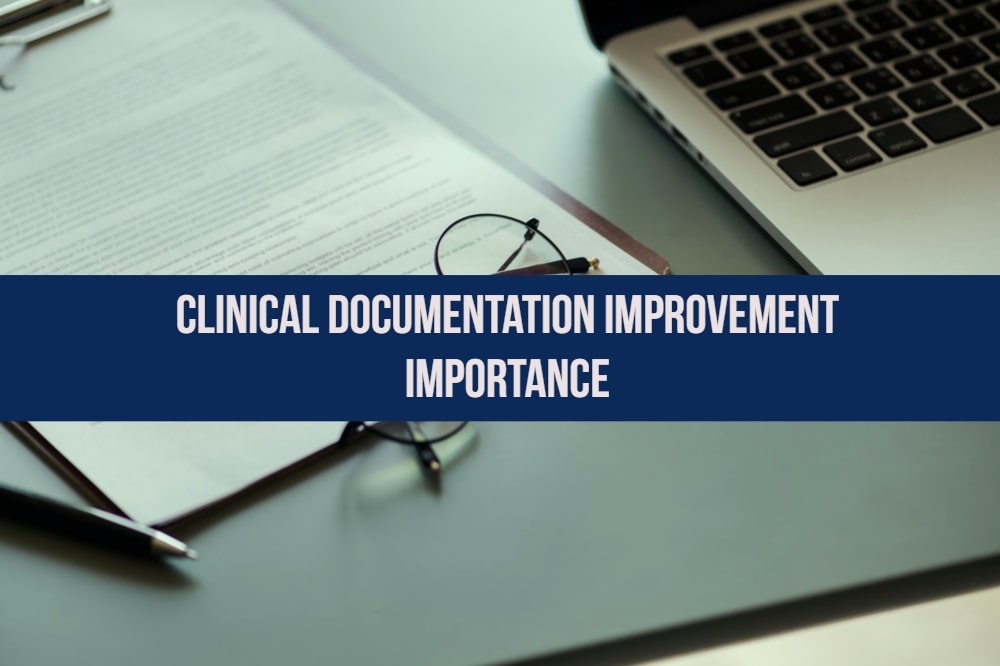Ever since the RAC audit has been introduced, there is an element of fear amongst healthcare facilities with regards to the RAC program. Fuelled by rumors and myths, most of these fears have been proved to be baseless with the CMS (Centers for Medicare and Medicaid Services) addressing these fears through conferences, write-ups and articles. Although this has been successful to some degree, myths regarding the RAC still abound. Many of the outpatient based practices still have questions regarding the CMS’s intent. The biggest fear for these outpatient based facilities is that their claims can be denied for the smallest of reasons.
RACs do not deny every claim that is reviewed, as a matter of fact; they identify both overpayments and underpayments. Identified overpayments for services will require a refund from the healthcare provider, but at the same time, underpayments for services that have taken place due to inaccurate reporting are reimbursed to the healthcare provider after the review. It is important to know the areas that are generally looked into during these reviews. They include services coded incorrectly, the amounts paid for claims submitted by the healthcare provider, any claimed services that are unnecessary or unreasonable (as defined by section 1862 (a) (1) (A) of the Social Security Act) and services that have been billed twice (duplicated) and paid for.
CMS directs the RACs to review claims based on CERT (Comprehensive Error Testing Rate) and the auditors identify all improper payments. How does the Comprehensive Error Testing Rate (CERT) work? Well, CERT identifies any code or code combination that reflects a high rate of improper payments. The auditors then request the healthcare provider to submit additional documentation in support of these codes. These could be either for Medicare Part B benefit or that of an individual provider. Once the auditors identify an improper payment, they inform the CMS, which then makes the retroactive adjustments to the paid amounts.
For outpatient medical practices, incorrect coding should be the area of maximum concern. Irrespective of whether the practice is audited or not, incorrect coding will eventually lead to losses. It pays to employ a professional billing and coding provider to take care of this aspect of the business. After all, the healthcare professional has been trained to provide healthcare – handling billing and coding should also be provided by a professional trained to do so. There is no reason to fear a RAC audit if the billing and coding has been done accurately in the first place. Submission of accurate claims results in receiving timely and correct reimbursement.
The CMS established RACs in order to ensure accurate medical billing and reimbursements. Healthcare providers who make it a point to maintain proper and complete documentation and ensure that the billing and coding are accurate and according to payer guidelines, have nothing to fear or worry about these audits. Technology to streamline billing and coding operations is already available and is getting better with each passing day. However, even with everything done correctly, you could still face an audit. This is where providers with proper systems in place have an edge over others – complying with documentation requests within the required time becomes a breeze.
MedConverge specializes in working with outpatient medical practices to prepare them for a RAC audit. We ensure that the practice is familiar with the best industry standards, make sure that all documentation and reporting standards are adhered to as per the National and Local Coverage Determinations, billing and coding are error free and conform to the payers guidelines and update the practice about new CMS guidelines – thus ensuring that they are fully prepared and there are no fines, penalties or take-backs if and when they are audited.



